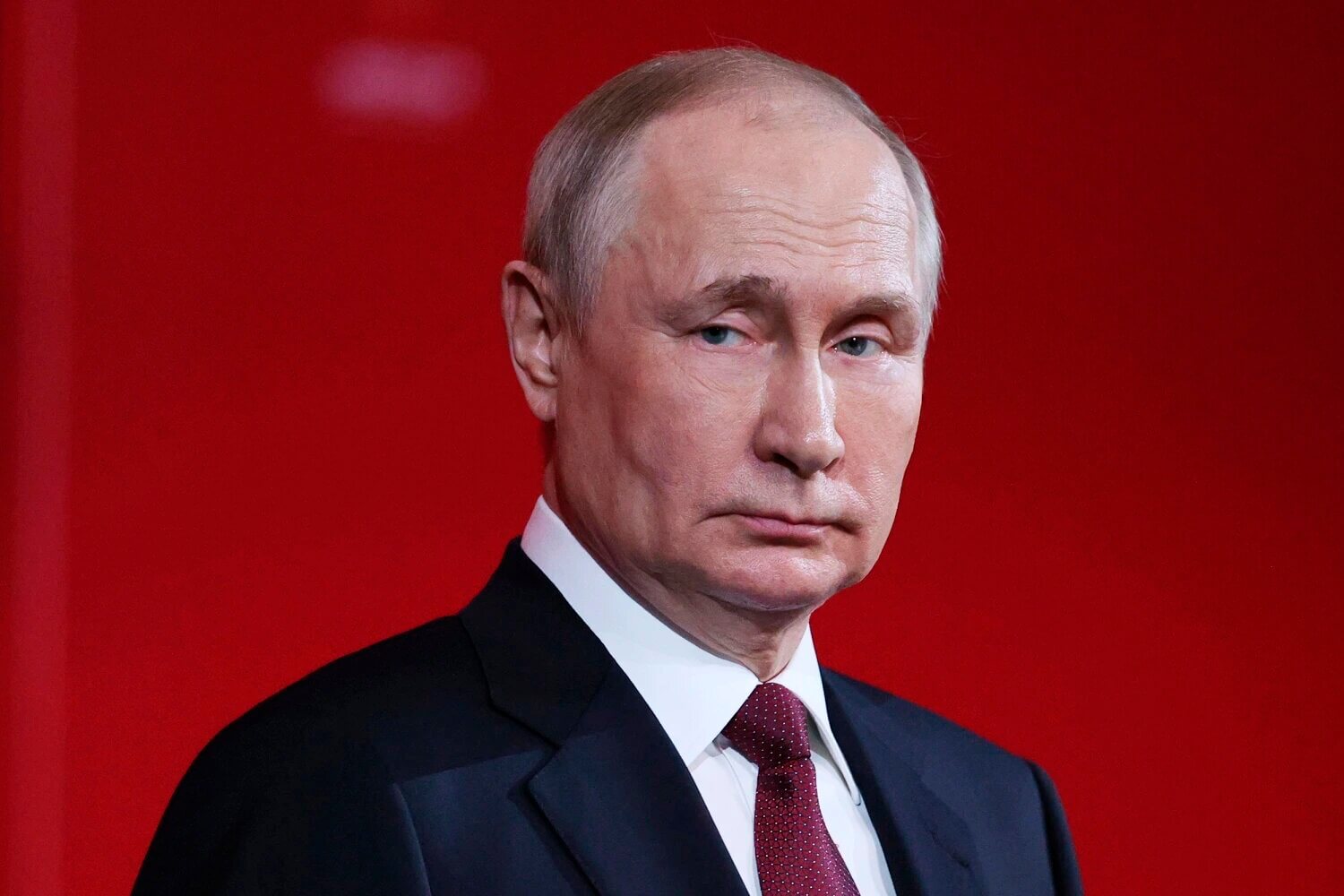According to a report from Sayari, a financial intelligence company, Russian banks may be evading sanctions on banknotes by trading gold in the UAE and Turkey.
Since the commencement of Ukraine War, Western countries have imposed various sanctions on Russia. These sanctions hinder Moscow from accessing Western currencies. Consequently, finding buyers for gold, the country’s second-most valuable export, allows for bulk payments in US dollars (USD) and euros outside of the traditional global banking system.
Turkey and the UAE, among others, are yet to ban the import of Russian gold, which allows them to act as intermediaries for Russia’s foreign currency needs. Accordingly, the report analyses how Russia evaded international sanctions following its invasion of Ukraine by implementing a cash-for-gold trade scheme.
The Report
The G7 countries have introduced economic sanctions and export controls to weaken Russia’s military capabilities, harm the Russian economy, and impact the political elite. These sanctions have targeted individuals, institutions, enterprises, and sectors, aiming to isolate Russia from the global financial system and reduce the profitability of its exports.
In response to these sanctions, Russia redirected its gold shipments to friendly countries like the UAE, China, and Turkey to compensate for the loss of the G7 market. According to Reuters’ analysis of Russian customs statistics, between 24 February 2022 and 3 March 2023, the UAE, China, and Turkey accounted for 99.8% of Russian gold exports. Russia is reportedly exporting gold through other channels to reduce the impact of sanctions.
Russian banks exchanged cash dollars and euros for gold to circumvent sanctions
— NEXTA (@nexta_tv) February 7, 2024
Russian banks circumvented the ban on importing dollars and euros into the country by exchanging cash currency for gold in Turkey and the United Arab Emirates (UAE), Bloomberg reports citing a report… pic.twitter.com/IcZolzmz5M
The Sayari report focuses on two Russian banks, JSC Lanta Bank and PJSC Vitabank, for their roles in the exchange. The US Office of Foreign Assets Control (OFAC) sanctioned JSC Lanta Bank on 24 February 2023 for operating in the Russian Federation’s financial services industry. Meanwhile, as of mid-October 2023, PJSC Vitabank had only been sanctioned by the Ukrainian government.
Russian trade records reveal that, in the first quarter of 2023, these two financial institutions received over $82 million in 21 shipments of foreign currencies, mainly USD and euros, but also UAE dirhams and Chinese renminbi (RMB) from four trading partners.
The report claims that between January and May 2023, Vitabank transferred approximately 614 kg of gold worth $30.7 million to ILS Global General Trading LLC situated in the UAE. ILS also supplied about $17 million in USD and euro banknotes to Vitabank in February and March.
Additionally, Vitabank received 10 USD banknote shipments worth $7.5 million and $14.9 million from UAE-based Auroom Trading LLC and Turkey-based Demas Kuyumculuk Ihr Ith San Ve Tic AS, respectively.
According to press reports, Russia boosted its gold mining operations when sanctions were imposed, with oligarchs purchasing gold bullion to prepare for the loss of access to traditional financial markets. Media sources suggest that Russia’s central bank resumed buying Russian gold after sanctions were implemented in 2022 to prevent the country’s currency from collapsing. The bank currently holds between USD 100-140 billion.
Sanctions on Russian Gold
Gold is one of Russia’s most valuable exports, often ranking second to gas and oil, worth $15.5 billion to the Russian economy in 2021. However, Western sanctions have impeded the flow of Russian gold, halting delivery to London and New York, and forcing Moscow to shift trade to Turkey and the UAE.
In November 2023, the UK government imposed additional sanctions on Russian gold, the Foreign Ministry said. The sanctions list includes 29 individuals and entities that help “Russia’s gold, oil, and strategic sectors,” including Russian businesses and oligarchs as well as companies based in third-party countries.The British government believes that a network of gold traders based in the UAE has channelled more than $300 million in gold revenues to Russia.
Furthermore, the National Crime Agency, the UK’s primary law enforcement agency combating organised crime, has also issued a “Red Alert” to increase awareness that Russia is using gold to evade sanctions.
“Gold exported from Russia since 21 July 2022 is increasingly being shipped to countries that do not apply sanctions on Russian gold. Once melted down and recast or refined, the origin of gold cannot be determined by examination, as any hallmarks are lost. Imports of mined gold can also be easily disguised,” it noted.

